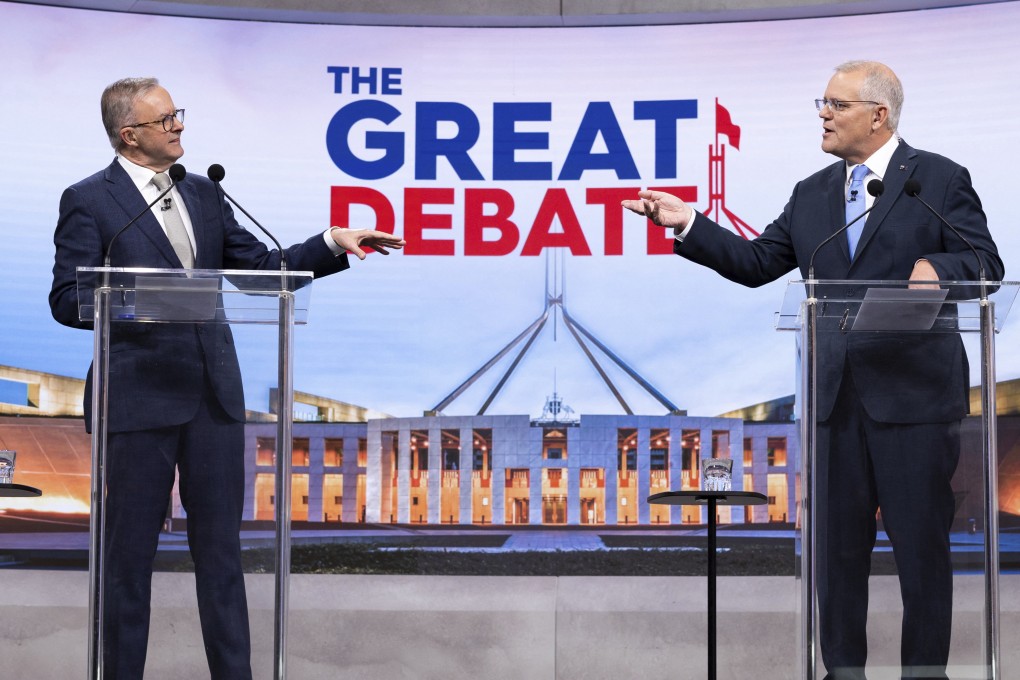Advertisement
Letters | Australian election: less bluster on China, more grappling with historical realities, please
- Australia’s main political parties seem to be vying with each other for voter acceptance as the party with the tougher policy on China
- What Australia needs is skilled diplomacy in handling its China relationship backed up by a level-headed public discussion on how best to achieve this
Reading Time:2 minutes
Why you can trust SCMP
7

Feel strongly about this letter, or any other aspects of the news? Share your views by emailing us your Letter to the Editor at [email protected] or filling in this Google form. Submissions should not exceed 400 words, and must include your full name and address, plus a phone number for verification.
I refer to the article “Australia needs policies not point-scoring” (May 13). In the closing week of our federal election campaign, Australians continue to fail to fully engage in in-depth discussion of the pressing issues now confronting us.
Outside our domestic issues, perhaps the most pressing worry is the way this lacklustre election campaign is severely distorting the popular perception of our China policy and where that should be going in the wider context of the Indo-Pacific region.
Advertisement
If the current tit-for-tat, point-scoring and sloganeering exchanges focused on the recent pact between China and the Solomon Islands are any guide, we are witnessing the dangerous spectacle of our two main political parties vying with each other for voter acceptance as the party with the better “tough on China” policy credentials.
The recent sighting of a Chinese spy vessel in international waters off the coast of Western Australian has ensured that this remains a main election issue as we all go to the polls.
Advertisement
What we need now if we are to protect our national interest without unnecessary military conflict with China is skilled diplomacy on the part of our top leadership in the handling of our China relationship, backed up by a level-headed and well-informed public discussion on how best to achieve this.
Advertisement
Select Voice
Select Speed
1.00x